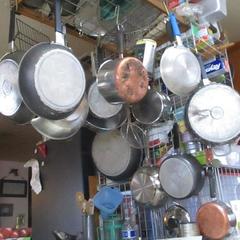-
Welcome to the eG Forums, a service of the eGullet Society for Culinary Arts & Letters. The Society is a 501(c)3 not-for-profit organization dedicated to the advancement of the culinary arts. These advertising-free forums are provided free of charge through donations from Society members. Anyone may read the forums, but to post you must create a free account.
Which Pear?
-
Similar Content
-
- 5 replies
- 592 views
-
- 64 replies
- 17,415 views
-
- 41 replies
- 24,246 views
-
- 537 replies
- 180,772 views
-
- 8 replies
- 1,529 views
-
-
Recently Browsing 0 members
- No registered users viewing this page.






Recommended Posts